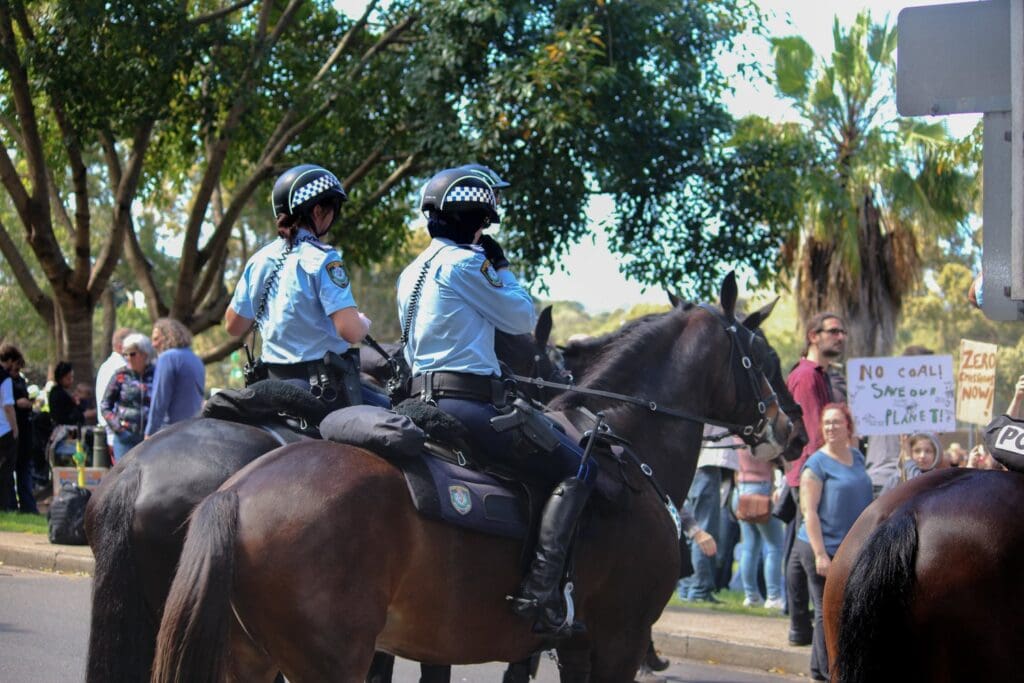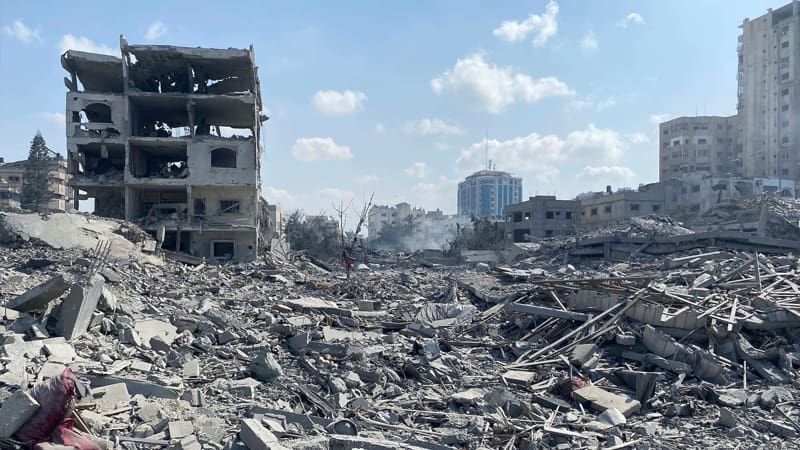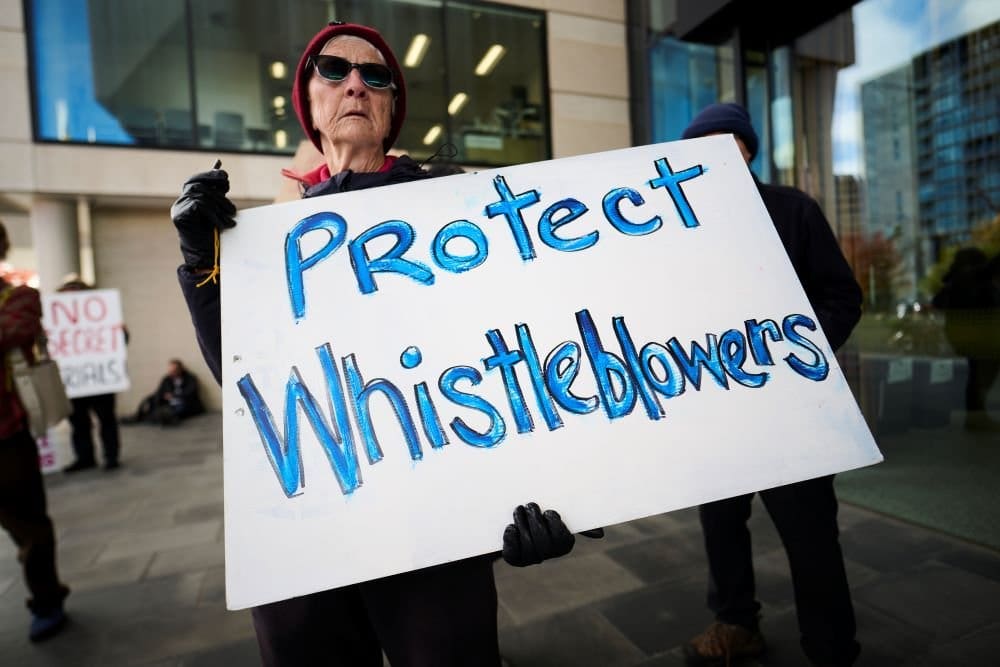NSW Parliament should lower voting age to 16 and remove barriers to improve democracy
The Human Rights Law Centre will appear before a Parliamentary Inquiry today to call on the Minns Government to make voting more accessible and lower the voting age to 16 for state elections.
Right now, Aboriginal and Torres Strait Islander people, people with disabilities, people in prisons and young people face additional barriers to voting in New South Wales, impacting voter participation, engagement and confidence.
In a submission to the NSW Parliament’s Joint Standing Committee on Electoral Matters, the Human Rights Law Centre called on the NSW Parliament to:
- fund the NSW Electoral Commission to work directly with Aboriginal and Torres Strait Islander communities and organisations to increase enrolment and participation;
- lower the voting age to 16 years in NSW;
- fund the NSW Electoral Commission to ensure polling booths are accessible to all communities, including Aboriginal communities living on homelands and people living in homelessness;
- review the accessibility of voting in NSW; and
- remove the ban on voting for people serving a custodial sentence of 12 months or more.
- The right to vote is the cornerstone of democracy, and is enshrined in Australian law and guaranteed under international human rights law. Voting reform will benefit everyone and allow more people to fully participate in our democracy.
Quotes attributed to David Mejia-Canales, Senior Lawyer at the Human Rights Law Centre:
“Our right to vote is fundamental to our democracy. The NSW Parliament must never accept the disenfranchisement of people because of where they live, and should ensure that all citizens have the opportunity to make their voices heard.”
“The NSW Parliament must prioritise solutions that make voting accessible for everyone, including the use of mobile polling units and improved postal voting systems. The Parliament must do everything possible to respect and upholding the democratic rights of all Australians. People living on homelands face unique challenges when it comes to participating in elections, including the lack of accessible polling stations.”
“Young people in particular are directly impacted by decisions made by the government, particularly in areas such as education, climate change, and employment. It’s time the Parliament recognised their right to have a say in shaping their future by lowering the voting age to 16.”
David Mejia-Canales is scheduled to appear before the Parliamentary Joint Committee on Friday 27 September 2024 at 11.30AM. You can watch the live-stream here.
Media contact:
Thomas Feng
Engagement Director
0431 285 275
thomas.feng@hrlc.org.au

NSW Police’s violent arrest of Hannah Thomas and protest crackdown taken to United Nations
The Human Rights Law Centre has raised serious concerns about the violent arrest of Hannah Thomas and the wider erosion of protest rights in NSW, to the United Nations Special Rapporteur on the rights to freedom of peaceful assembly and of association.
Read more
INCLO members stand in solidarity with Al-Haq against US sanctions and call for immediate reversal of decision
The International Network of Civil Liberties Organisations, including the Human Rights Law Centre stands in solidarity with Al-Haq, a Palestinian organisation of human right defenders which has been sanctioned by the US Government.
Read more
Albanese Government’s progress on whistleblower reform welcomed
The Albanese Government’s announcement on the next phase of public sector whistleblowing reform is a positive step forward for protecting and supporting whistleblowers.
Read more



